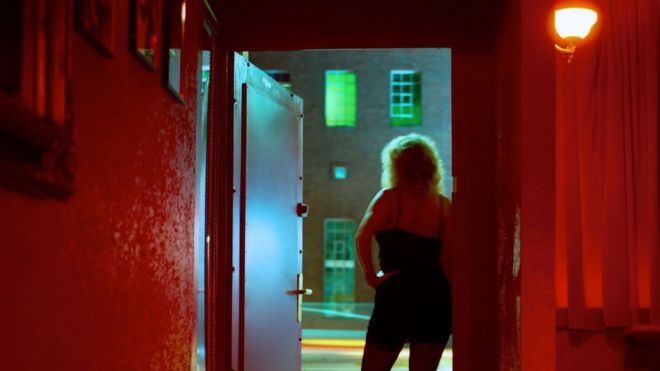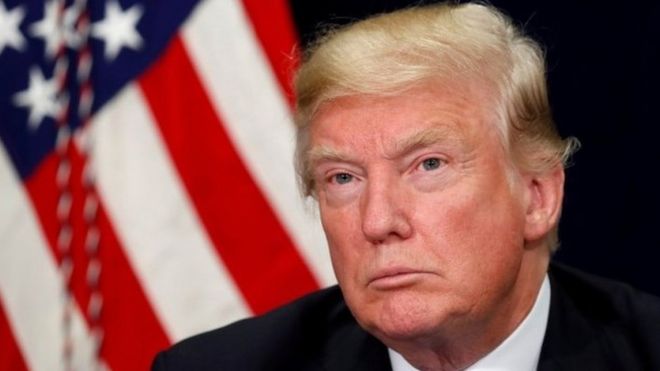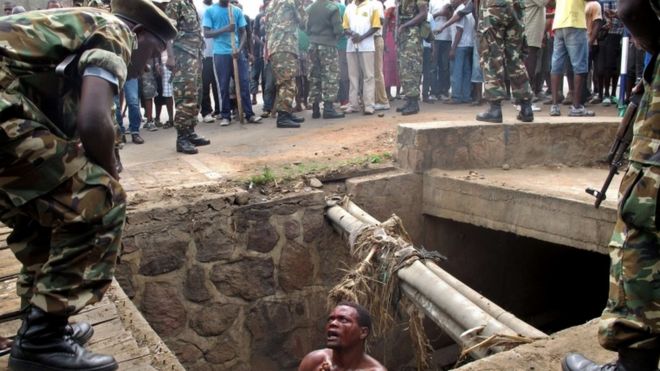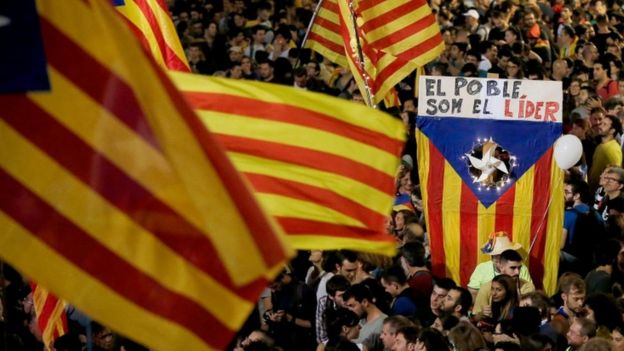
They reveal how Apple sidestepped a 2013 crackdown on its controversial Irish tax practices by actively shopping around for a tax haven.
It then moved the firm holding most of its untaxed offshore cash, now $252bn, to the Channel Island of Jersey.
Apple said the new structure had not lowered its taxes.
It said it remained the world's largest taxpayer, paying about $35bn (£26bn) in corporation tax over the past three years, that it had followed the law and its changes...

 Morning dew
Morning dew Together is beautiful
Together is beautiful Life is to survive
Life is to survive Life is choice
Life is choice 














